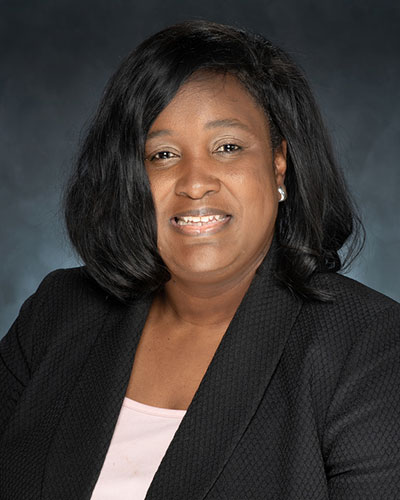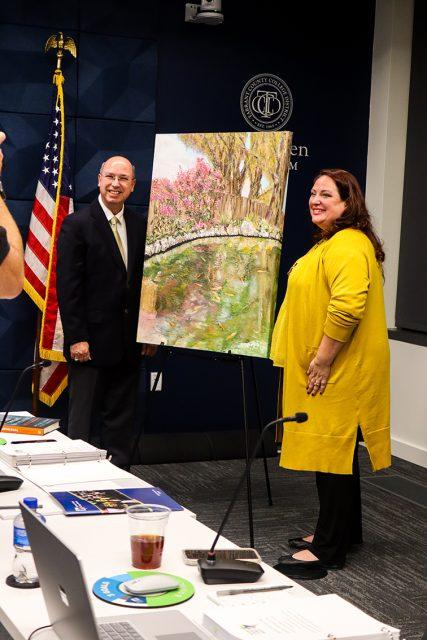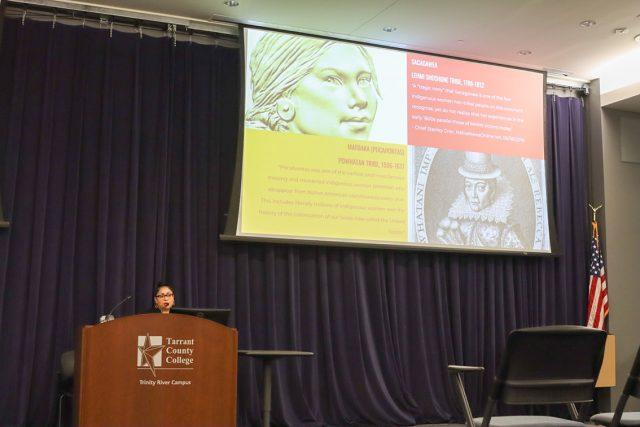
Joel Solis/The Collegian
HOPE SMITH
campus editor
hope.smith393@my.tccd.edu
CORRECTION Dec. 1: An earlier version of the story misrepresented NE government professor Lisa Uhlir’s comments. The Collegian apologizes for the error.
A former Tarrant County court case has made its way to the Supreme Court in a debate about overturning a federal law protecting Native American children.
The Indian Child Welfare Act has some TCC teachers concerned for the future of Texas and Native American children in the adoption system.
The Indian Child Welfare Act of 1978, or ICWA for short, was implemented because it was acknowledged that Native children were being removed from homes and displaced from their native tribes. Congress had declared the right of Native tribes to have governance over where a Native child will be placed in the event of adoption.
One of the practices leading up to the ICWA involved taking Native children from their tribal homes and bringing them into Native education facilities. NE government professor Lisa Uhlir said her father had experienced this, and she explained that the Native children had to run and scatter in order to avoid being removed.
“What they did in my dad’s tribe for a long time in Northern Michigan when they would come and try to send the kids to school, they would have a hide-and-seek game,” she said. “As soon as the Bureau of Indian Affairs bus would show up on the reservation, the kids would scatter and hide in the woods, and they would try to round up the children to take them off to school, and they would hide. My dad got away with it for the first three years, and so he didn’t get sent away to school until he was about 7.”
Her father did not come back for 10 years, which was typical of these institutions.
Uhlir said overturning the act is crucial to giving Native tribes the right to have some control over what happens to their people, especially children who were removed from their homes.
“Children were in essence sold out of the schools by the Bureau of Indian Affairs for the low fee of $5 — there are newspaper ads from the time offering them straight from the schools — and it could be done with minimal notification or reason to the parents,” she said.
The possible overturning of the ICWA has brought up concerns that tribes will begin to lose their Native community’s linkage. NE history professor Felisha Avery said if the ICWA is overturned, it will undermine tribal sovereignty.
“The ICWA has stood for the protection of fairness and the continued effort to keep Indian families, especially children connected to their culture,” she said.
Concerns also extend to the remorse of losing progress for Natives, Avery said.
“It’s difficult to see our court systems derail so many long-held policies acting in good faith to provide justice for Native American populations,” she said.
Uhlir said she believed the government has too much leeway to remove Native children.
“Native children should be treated to the same standards as other children in the foster and social service system,” she said.



































